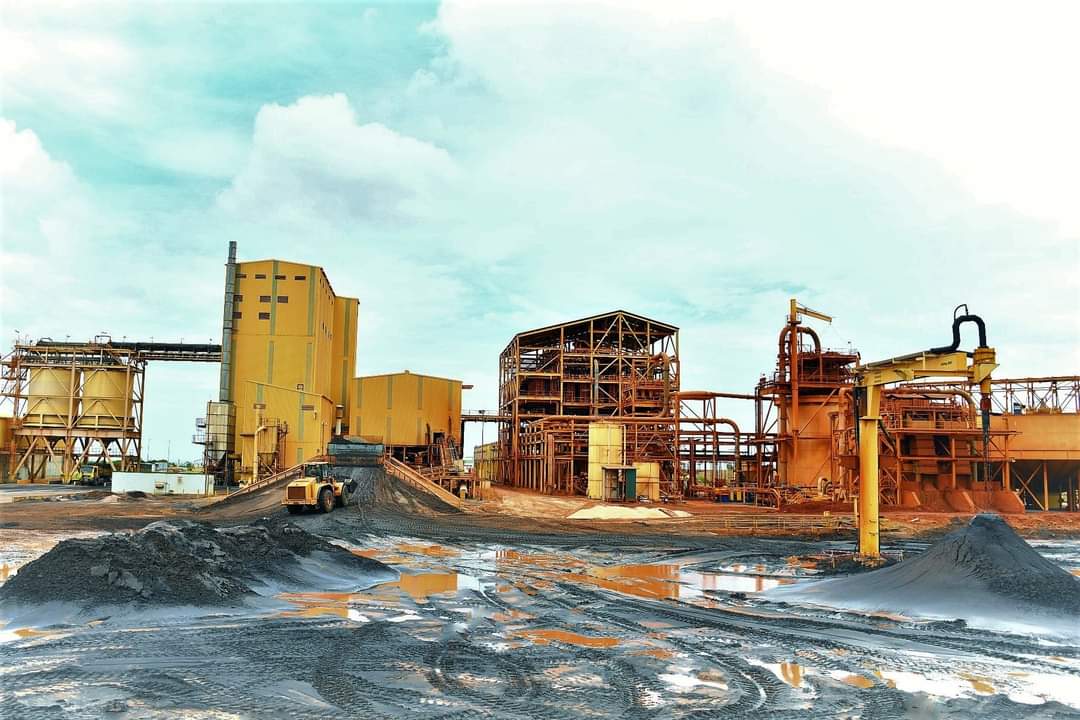
The mining industry has huge economic potential and could play a crucial role in making this a reality.
DR. MELBA WASUNNA
External Affairs Manager
Base Titanium Ltd
The mining industry has huge economic potential and could play a crucial role in making this a reality. A strong economic recovery is now a matter of high priority for the country, as we continue to feel the impact of Covid-19. The mining industry has huge economic potential and could play a crucial role in making this a reality.
For the mining sector to grow effectively, there is an urgent need to address key issues that have hampered its growth. Kenya is richly endowed with mineral resources and has reformed the legal framework of the sector through the Mining Act 2016 and updated geodata through a recent airborne survey. However, this potential is yet to be fully realised and Kenya has seen limited mining exploration and almost no new investment due to several reasons.
First, exploration is expensive and risky with an extremely low success rate. Without a proper enabling environment and support from the government, it is impossible to undertake exploration.
Secondly, The Mining Act 2016 contemplates 10percent free carried interest in the share capital of large-scale mining operations and imposes a requirement for the listing of 20percent of the equity of large-scale projects. In effect, investors could lose ownership of a third of their companies which, to some extent, is given over for free. These provisions ought to be balanced by fiscal incentives to attract exploration capital.
Thirdly, the Mining Act 2016 imposes blanket landowner consent as a requirement when applying for a prospecting license. This is extremely arduous and poses a high risk to investors of failure to comply with the law.
Finally, implementation of the Mining Act 2016 has been an ongoing challenge resulting in fraught relations among the mining companies, government, and local communities. In the context of a globally competitive investment environment, where investors are looking at all opportunities, these issues mean that many potential Kenyan mining investments are not attractive compared to opportunities in other countries.
HOW DO WE RECTIFY THIS?
This can be achieved by combining regulatory reform, engagement with counties and small miners, and integrating equity and sustainability into the sector. Through this Kenya can become an attractive mining investment destination. On the regulatory front, Kenya should immediately undertake regulatory reforms to improve our exploration attractiveness. Special incentives for investing in exploration should be considered. Amendments to the Mining Act 2016 coupled with an expedited licensing process will help to ensure that a conducive environment for investment for exploration is established and sustained. Additionally, mining investment is fundamentally driven by the attractiveness of the country’s geology, and inextricably linked to this is the availability of data on the geology. This information, when made available by the government should be marketed properly to will help attract investment.
Finally, a national special mining recovery committee should be set up, with both government and the industry to drive a set of competitiveness reforms for the mining industry. Mining is not just about big investors and the national government. The role of the county government should be clearly articulated to prevent friction between investors and county governments, especially around taxes and levies. Furthermore, Kenya can raise the productivity of artisanal and small-scale mining (ASM) investments, for instance by reorganizing ASM operators, consolidating many of them into collective investment groups, and licensing their new collective companies. Finally, the government and the private sector have to overcome the general suspicion and dislike for mining among the public by integrating sustainability and equity into the sector. This will require a renewed focus on socio-environmentally sustainable mining practices.
Community Development Agreements are a great start, and consideration should be given to a similar initiative for environmental issues where local community representatives are trained on environmental issues and participate in monitoring them. The establishment of a ‘gender desk’ within the Ministry to facilitate direct dialogue with women and provide a strong basis for improving economic and social outcomes for disadvantaged people in mining areas.
It would achieve a higher representation of women and gender-inclusive strategies within the sector and also lead to safer work practices for women in mining. The mining sector has immense potential to be a core driver of Kenya’s economic revival in the post-COVID-19 era. As it stands, the $300m Base Titanium Kwale mineral sands project, which is also Kenya’s flagship mining project, is the only mine of its size in the country.
Today it contributes slightly over 65% of Kenya’s mining sector revenue. If Kenya generates enough interest in its mineral wealth, then several more could potentially be built. To achieve this, policymakers and industry players must work together to revive, and build the mining sector, and help drive the country’s economic recovery.
Wasunna, Kepsa Vice-Chair, Energy & Extractives Sector Board





